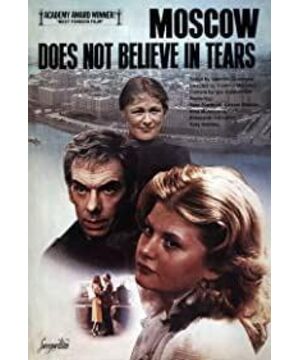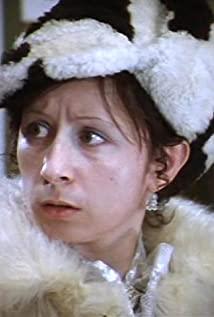The first is the surprise, it turns out that the Soviet Union also has film festivals, nice fashionable clothes, high heels and mascara. The lives of the characters in the film are also much more open than I imagined, premarital sex, unmarried pregnancy, single mothers, dating married men... Although these do not stop a positive woman from succeeding, even if Today, the domestic attitude towards these acts is probably not so tolerant, let alone made into a movie. Could it be that the Soviet Union of the last century was really so far ahead in terms of tolerance at this point? How to deal with these sensitive issues at the time, we do not know, so the film is inevitably covered with a veil of idealistic romanticism.
Guosha, a man, seems to suit the appetite of girls, whether it is the routine or the level of posture. I also liked him quite a bit, until he said "man's status is more important than women's". In the end, God assisted Nikolai to pull him back, but how would he treat Katerina? Will their future life let him continue his straight male cancer, Katerina is willing to be the woman behind, or will they respect each other and develop their own careers? Of course I hope it's the latter, but I don't know which the Soviet Union would choose at that time? Therefore, at this point, it is still not out of the limitation of the times. "Moscow doesn't believe in tears, but in love." Maybe true love will allow them to tolerate each other eventually, which is probably the best answer.
Although it is inevitable that there are some fake big empty space unique to the red era, many details of the film are still extraordinarily real and close to life. I like her daughter Alexandra's beautiful and trendy, strong and considerate, like those few songs with simple melody and beautiful lyrics, and also like those dresses and long trench coats that are not out of date today. Romance and fashion were unexpectedly alive in the Soviet Union, seemingly never dying.
View more about Moscow Does Not Believe in Tears reviews








